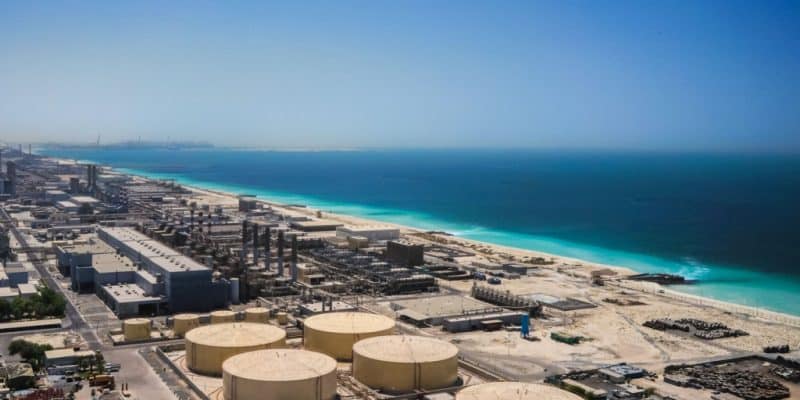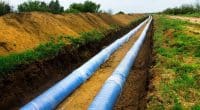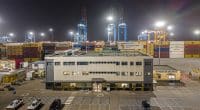With its semi-arid climate, Morocco's Oriental region has been exposed to severe droughts in recent years, causing disruption to its drinking water supply network. The regional authorities, who are relying in particular on the desalination of brackish water to stabilise the supply to the population, are planning to build eight stations.
The Moroccan Oriental region aims to meet its population’s drinking water needs by desalinating brackish water and seawater. Initially, the regional authorities plan to equip five Moroccan provinces with eight brackish water desalination plants (water with a salinity intermediate between that of fresh water and that of seawater, editor’s note). These are in the provinces of Driouech, Figuig, Guercif, Jerada and Nador. The agreement for the construction of these plants was adopted on 17 April 2024, at an extraordinary session of the Council of the Oriental Region held in Oujda, a city in north-east Morocco close to the Algerian border.
Although data on the capacity of the future facilities and the date on which work will start will be available shortly, the water desalination project will help to boost the supply of drinking water to the inhabitants of the targeted provinces, which have had to contend with severe droughts for several years.
Seawater desalination also improves drinking water supply
A budget of 106 million Moroccan dirhams (just over 9.8 million euros) will be made available by the Oriental region (covering an area of around 90,130 km2) to carry out the various projects.
Part of this package will finance the connection of three existing seawater desalination plants to the water and electricity networks in the provinces of Berkane and Nador, also located in the Oriental region, where the current population is estimated at around 2.56 million according to the General Census of Population and Housing (RGPH 2024).
While desalination is now one of the preferred alternatives for supplying drinking water in the Kingdom of Morocco, the cost of desalinated water is still higher than the cost of treated fresh water. The end result of desalination is brine, i.e. hot water with a high concentration of salt and other toxic minerals, which is dangerous for the environment.What’s more, the desalination process is extremely energy-intensive.
Read Also – MOROCCO: construction work begins on Casablanca desalination plant
Will the authorities in the Oriental region take these different parameters into account when building these eight new desalination plants? Perhaps by powering the desalination process with renewable energy? We’ll find out soon enough.
Inès Magoum







